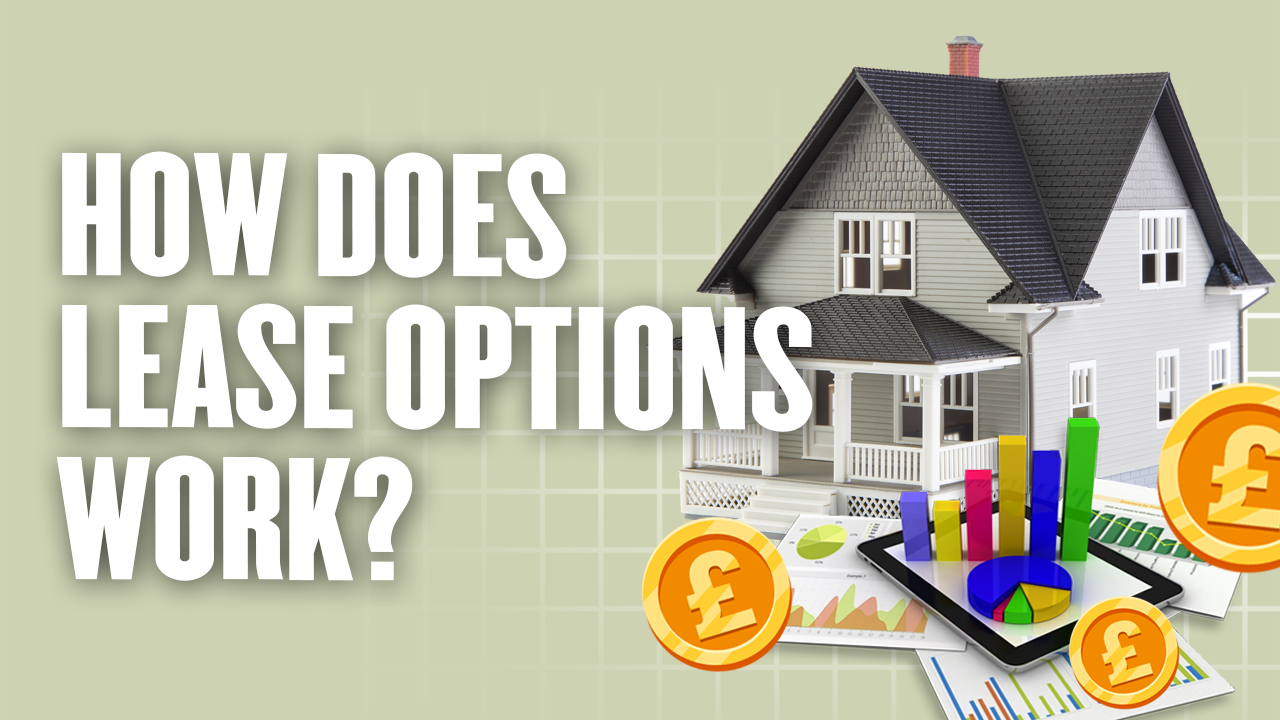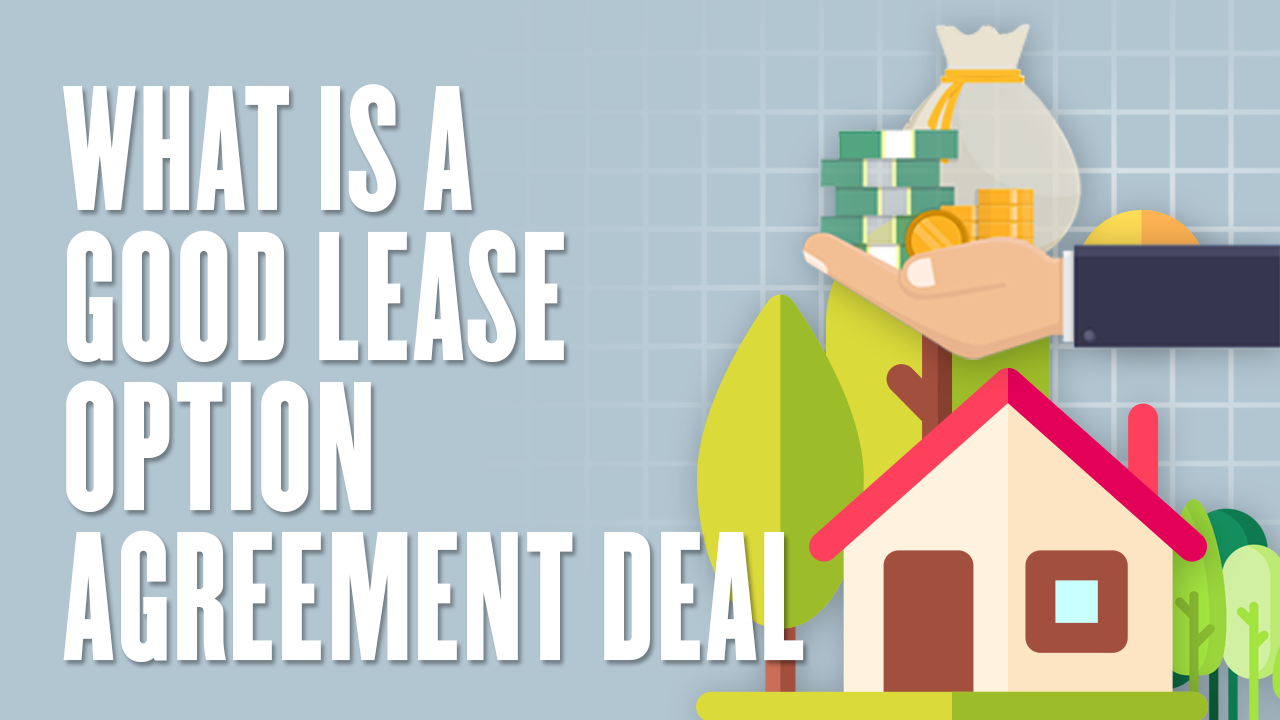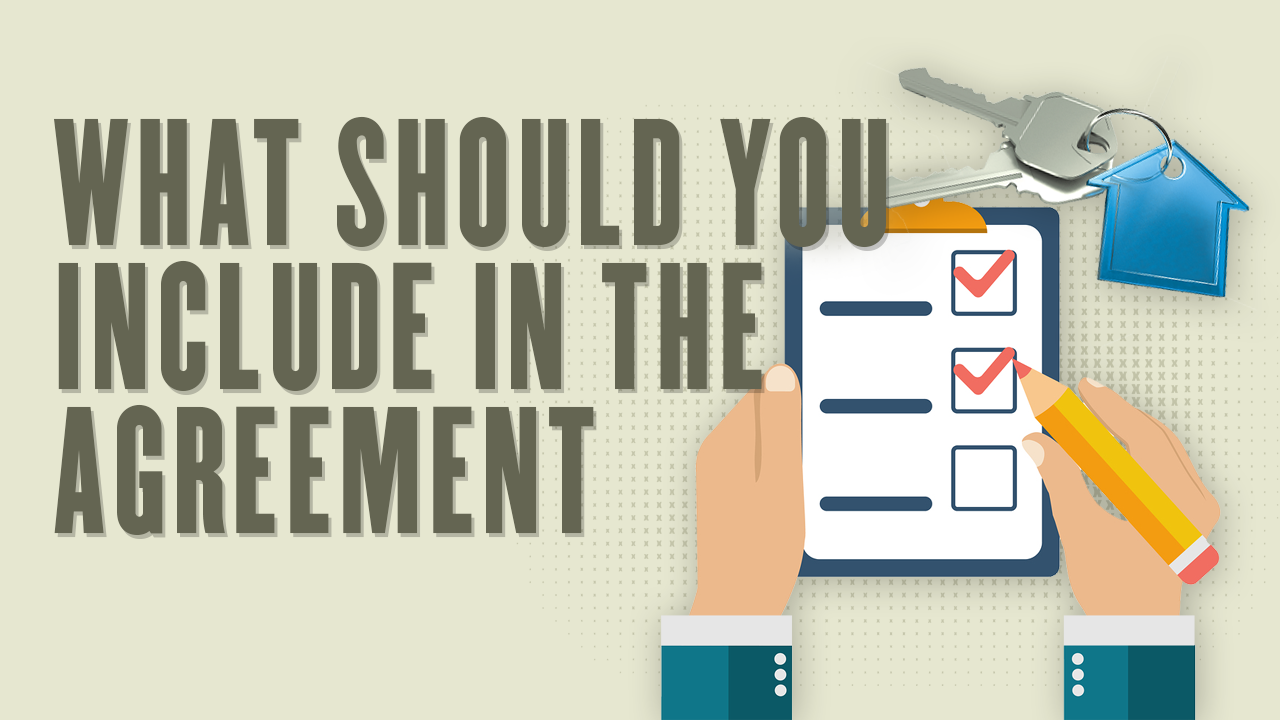Lease options serve as sophisticated tools for experienced property investors to sell their holdings. For tenants, lease options offer a chance to rent temporarily before committing to purchase. This unique approach benefits property owners and renters alike by offering flexibility. To effectively employ lease options, grasp their mechanics and constraints. Explore the workings, prerequisites, and suitability of lease options in detail ahead.
What Are Lease Options?
A lease option, or lease with option to buy, is a real estate contract that offers a property renter the opportunity to purchase the property after the lease period concludes. The contract entails an upfront option fee paid by the renter for the potential to buy the property, along with a monthly fee contributing to the down payment if the renter chooses to exercise the buying option.
During the lease term, the property owner is restricted from selling the property to anyone other than the tenant. If the renter decides not to buy the property at the lease’s end, they forfeit the option fee and any down payment funds already paid.
How Does Lease Options Work?
 A lease option offers potential property buyers the flexibility to rent from an owner without a mandatory purchase at the lease term’s end. Unlike regular lease-purchase agreements, a lease option allows renters to opt out of buying. The property’s price is usually set upfront between renter and owner, aligning with current market value. This can benefit renters by potentially enabling a purchase below market rate. However, exercising the option may involve fees, up to 1% of the property’s sale price, charged by owners.
A lease option offers potential property buyers the flexibility to rent from an owner without a mandatory purchase at the lease term’s end. Unlike regular lease-purchase agreements, a lease option allows renters to opt out of buying. The property’s price is usually set upfront between renter and owner, aligning with current market value. This can benefit renters by potentially enabling a purchase below market rate. However, exercising the option may involve fees, up to 1% of the property’s sale price, charged by owners.
What is a lease option agreement?
A lease option contract empowers you to control and gain from a property, offering an eventual purchase at an agreed price. In this agreement, you commit to paying monthly rent and an initial fee to the owner. Breaking it down:
- Property Lease: You lease the property, earning rental income from it.
- Option Clause: This part sets a future purchase price, with a mutually determined term. Yet, buying isn’t obligatory; the ‘option’ grants the choice to purchase.
The Option Clause consists of four components, which we’ll delve into:
- Property Value: The future purchase price.
- Agreement Duration: The lease option period’s length.
- Monthly Rent: Your regular payment to the owner.
- Initial Payment: Upfront fee for the lease option contract.
What is a good lease option agreement deal?
 To achieve profitability from such contracts, it’s necessary to seek properties in negative equity, which is increasingly challenging due to rising UK housing prices. Negative equity indicates a property valued below its mortgage, hampering sales or remortgaging due to potential substantial losses. A lease option agreement could create a mutually beneficial scenario, with your lease covering their mortgage while you profit from higher tenant rents.
To achieve profitability from such contracts, it’s necessary to seek properties in negative equity, which is increasingly challenging due to rising UK housing prices. Negative equity indicates a property valued below its mortgage, hampering sales or remortgaging due to potential substantial losses. A lease option agreement could create a mutually beneficial scenario, with your lease covering their mortgage while you profit from higher tenant rents.
What should you consider?
Lease options agreements offer numerous advantages in the UK. They serve as an excellent avenue to capitalise on the property market without requiring significant initial funds. However, it’s vital to exercise caution and consider specific aspects before entering a contract. Being aware of common pitfalls helps avoid errors and guarantees successful outcomes from such transactions.
-
Owner Cooperation
Ongoing cooperation from the property owner is crucial during the option contract. As they’re engaged in a lease option agreement, their financial situation might be challenging. This exposes you to several risks, including:
- The owner ceases mortgage payments, resulting in property repossession.
- The owner refuses to honor your right to purchase post-option, possibly leading to a costly legal dispute.
- Poor property maintenance affects your rental income.
Furthermore, securing appropriate insurance, managing lender objections, and fulfilling mortgage prerequisites are additional challenges to navigate.
-
Maintenance
The terms of the agreement might require you to handle property maintenance. Consequently, if the property is in poor shape at the agreement’s onset, you could be responsible for substantial costs to replace crucial components. Simply Business statistics indicate landlords might spend around £3,134 annually on maintenance. Having this estimate can aid in better budgeting while evaluating a property’s earning prospects.
What should you include in the agreement?
 The contract should encompass both segments. The initial section outlines lease expenses, option duration, and upfront charges. The subsequent part indicates the predetermined purchase price upon the option term’s culmination. To preempt unpleasant surprises, you could consider a third document, detailing safeguards and provisions in cases of mortgage non-payment or property deterioration. Excessive demands might risk the owner retracting. Therefore, maintain a balance of reasonableness and collaborative fairness in dealings with the homeowner.
The contract should encompass both segments. The initial section outlines lease expenses, option duration, and upfront charges. The subsequent part indicates the predetermined purchase price upon the option term’s culmination. To preempt unpleasant surprises, you could consider a third document, detailing safeguards and provisions in cases of mortgage non-payment or property deterioration. Excessive demands might risk the owner retracting. Therefore, maintain a balance of reasonableness and collaborative fairness in dealings with the homeowner.
Why would a property owner go for a lease option agreement?
Property owners seeking this contract type often face limited options. Few individuals are in such circumstances, making locating favourable deals a challenge. Typically, you’ll come across property owners in negative equity – those owing more than property’s sale value. This group may seek lease option agreements when compelled to relocate. Selling their property would entail substantial investment loss, and remortgaging is infeasible.
MORE Lease Options blogs HERE:
Mastering Lease Options: Your Ultimate Guide
Profiting from Lease Options: A Guide
Tax Implications of Lease Options
Lease Options or Traditional Rentals: Which Offers Greater Advantage?
Lease Options for Long-term Investing
How to Use Lease Options to Invest in Real Estate
Understanding Lease Options to Buy
What Is a Buyout Option On a Lease
What Is A ‘Short Lease’ in London?
How To Find Purchase Lease Option Properties
